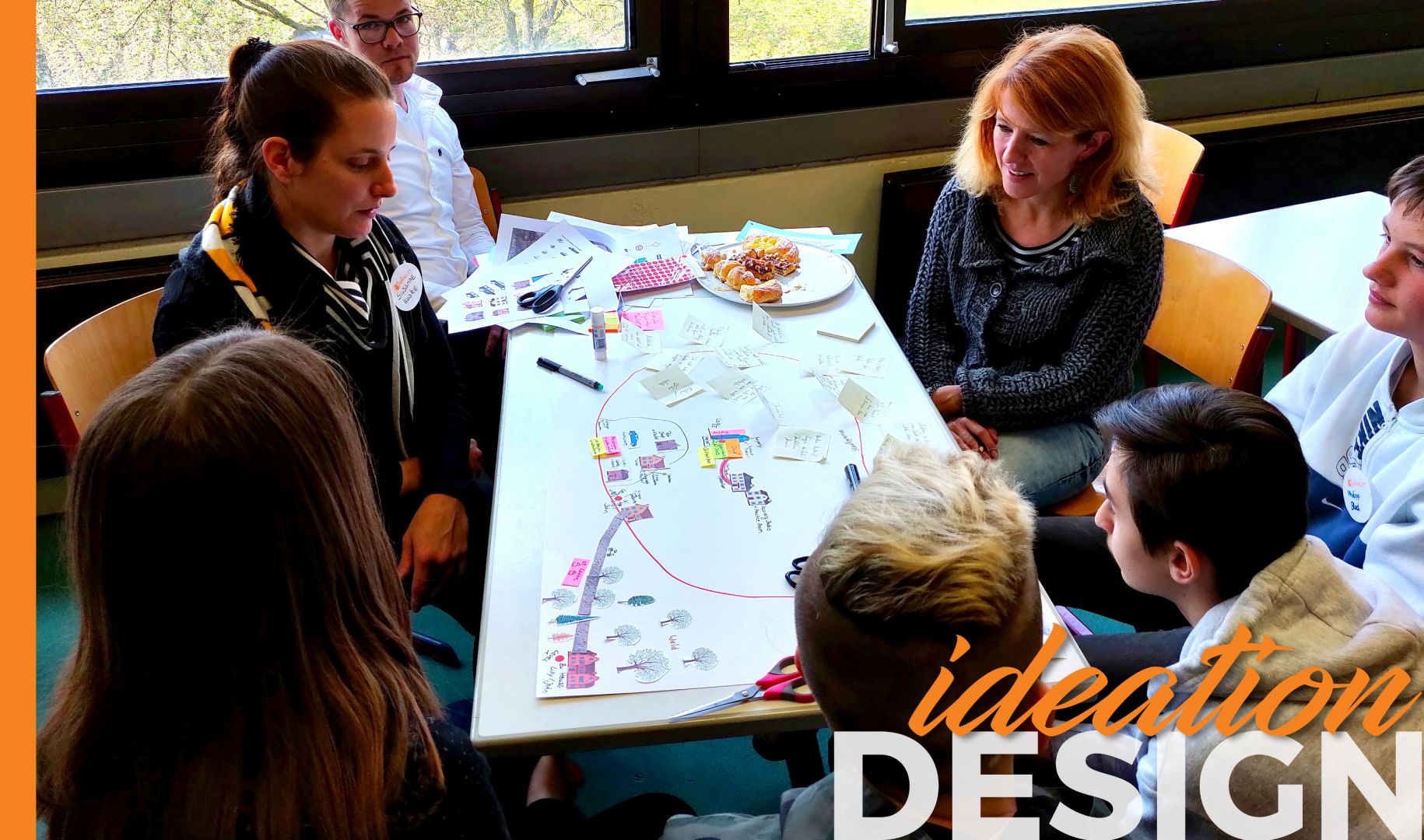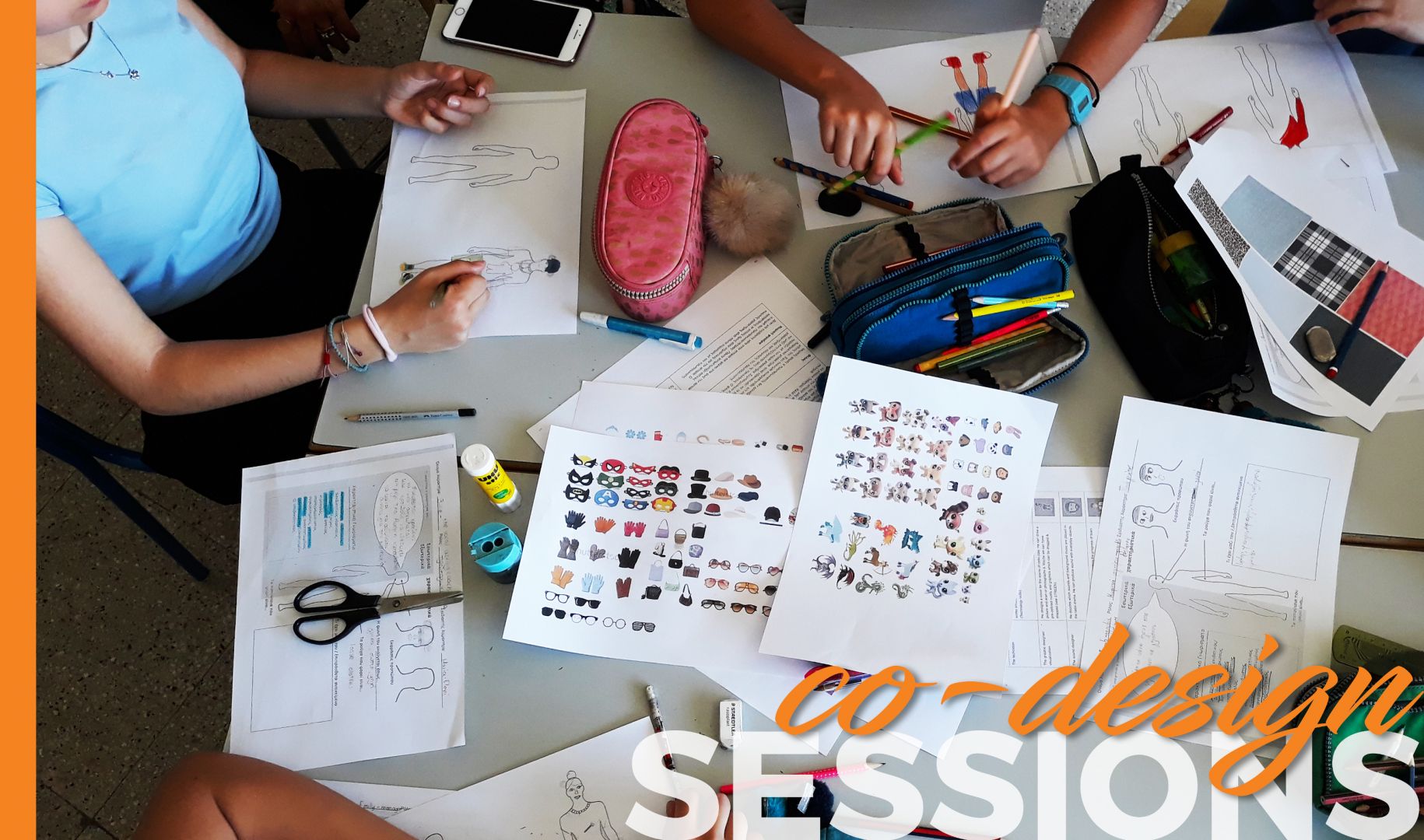
GAMELET aims at solving problems in educational practice and developing sustainable innovations. In this way, a Design-Based Research(DBR) methodology and User-Centered approach of designing, testing and redesigning is followed. The project involves teachers and students in an iterative process of co-designing sessions and usability tests in several project stages.
DBR has emerged from the need to adapt research to practice and to bridge the gap between design and theory in the study of formal education contexts. It stands in contrast to more “traditional” research approaches, such as experimental designs, surveys or correlational analyses, which focus on descriptive knowledge and provide few guidelines to address a variety of design and development problems in the field of education.
Since DBR focuses on the design of the intervention and its adaptation to the specific context, it has a positive impact on the planned implementation. Finally, the approach also aims to develop communicable theories and scientific findings in learning and teaching, thus making the scientific development process relevant for practitioners and researchers alike.

FIRST FORMATIVE EVALUATION
The first formative evaluation cycle was carried out in spring 2019. The school trials aimed to gradually extend and improve the original game concept and the gamified, media-supported learning scenarios in several consecutive steps so that a playable version could be tested at the end of the cycle.
CO-DESIGN SESSIONS
- Collaborative development of GameLet’s Gameboard, playing fields
- and interactions
- Playtesting to balance game mechanics, e.g. rules and level structures
- Further development of the game concept into a radio play narrative
- Character design workshops to define characters’ appearance and behavior in the story
- Testing the integration of didactically proven tasks to promote reading fluency
- User tests using paper prototypes and digital click dummies on smartphones and PCs